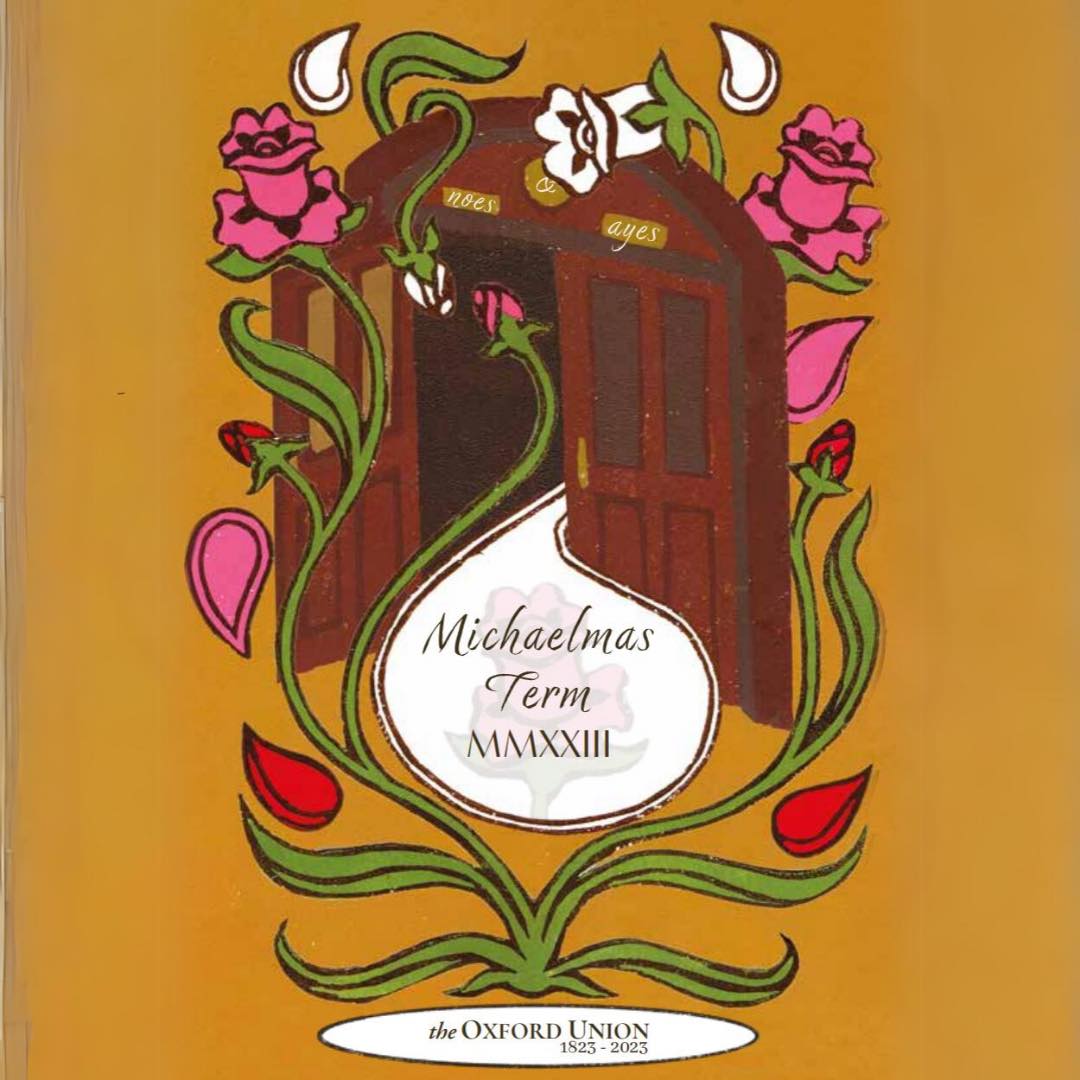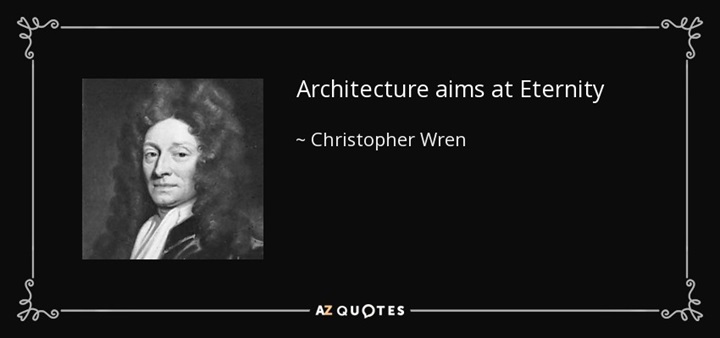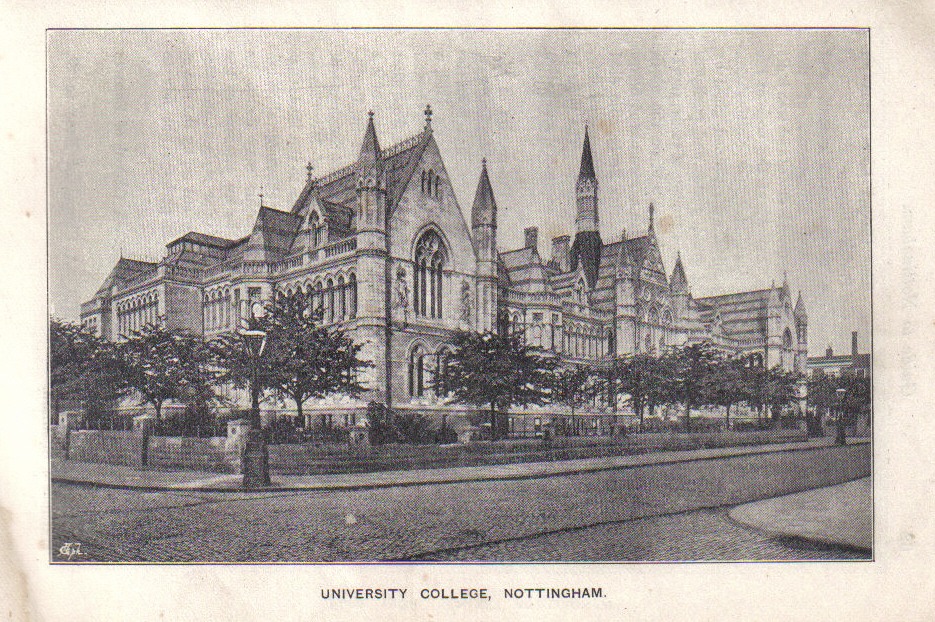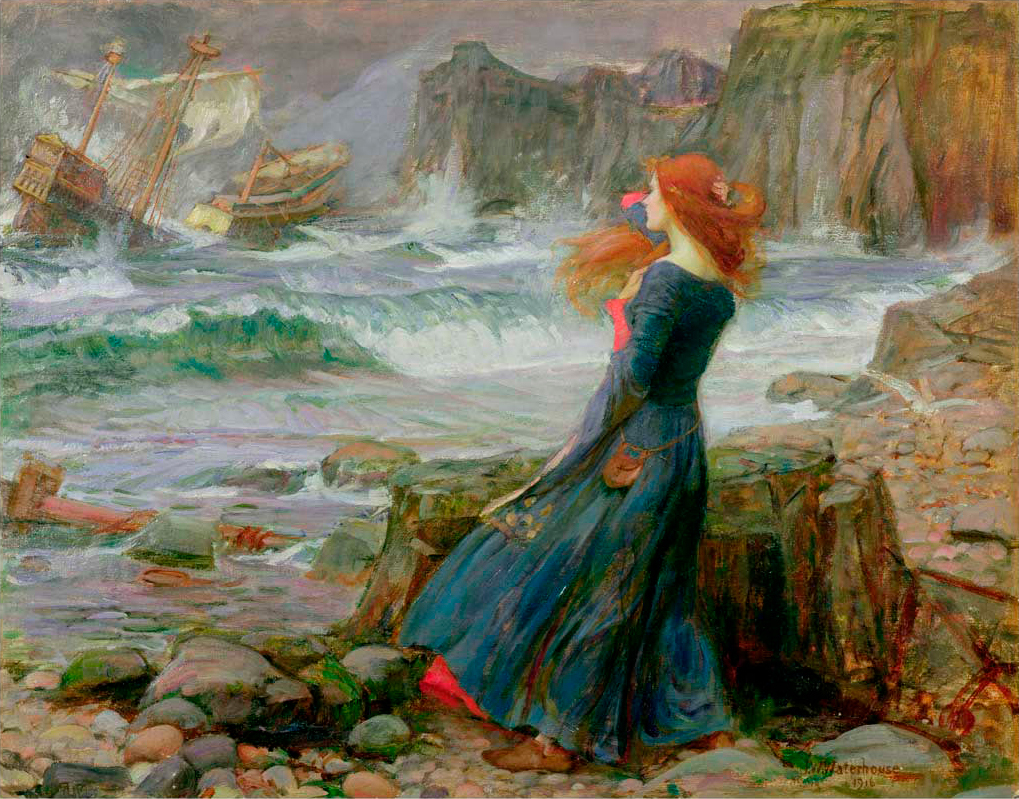Tag Archives: England
- Home
- Posts tagged "England" (Page 4)

Pan Haggerty
This content is accessible to paid subscribers. To view it please enter your password below or send mike@standardsmichigan.com a request for subscription details.
Beef Wellington
This content is accessible to paid subscribers. To view it please enter your password below or send mike@standardsmichigan.com a request for subscription details.
Chatty Cafe
This content is accessible to paid subscribers. To view it please enter your password below or send mike@standardsmichigan.com a request for subscription details.
Charlie Kirk (August 12, 2025): “Has U.S. President Donald Trump gone too far?”
The Oxford Union Society is the world’s most prestigious debating society, with an unparalleled reputation for bringing international guests and speakers to Oxford. Since 1823, the Union has been promoting debate and discussion not just in Oxford University, but across the globe.
My remarks at Oxford Union formal debate.
Has Trump gone too far?
The UK is lost, but it can find its way back if it follows America’s lead. pic.twitter.com/BjajLSRXOK
— Charlie Kirk (@charliekirk11) August 12, 2025
Vedika Rastogi | This House Believes Woke Culture Has Gone Too Far – 1/8 | Oxford Union
Alex Jackson | This House Believes Woke Culture Has Gone Too Far – 2/8 | Oxford Union
Toby Young | This House Believes Woke Culture Has Gone Too Far – 3/8 | Oxford Union
Yasmin Benoit | This House Believes Woke Culture Has Gone Too Far – 4/8 | Oxford Union
Tommy Nguyen | This House Believes Woke Culture Has Gone Too Far – 5/8 | Oxford Union
James Lindsay | This House Believes Woke Culture Has Gone Too Far – 6/8 | Oxford Union
Benjamin Butterworth | This House Believes Woke Culture Has Gone Too Far – 8/8 | Oxford Union
“All People That On Earth Do Dwell”
This hymn traces back to the 16th century; also known as “The Old Hundredth”. The hymn first appeared in the Anglo-Genevan Psalter, a collection of psalms and hymns used by English-speaking Protestant congregations in Geneva and later in England. The tune is credited to Louis Bourgeois, a French composer and music editor who collaborated on the Genevan Psalter. The psalter was influenced by the work of John Calvin and other Reformed theologians.
History of Western Civilization Told Through the Acoustics of its Worship Spaces
Eccles Cakes
This content is accessible to paid subscribers. To view it please enter your password below or send mike@standardsmichigan.com a request for subscription details.
Fellows Coffee Shop
“I have found that it is the small everyday deeds of ordinary folk
that keep the darkness at bay.”
— J.R. R. Tolkein
Annual Report and Accounts 2023/24: £1.310 billion
Tolkien, author of “The Lord of the Rings” and “The Hobbit,” completed his studies at the University of Birmingham in 1915. He graduated with first-class honors in English Language and Literature. After graduation, Tolkien went on to serve in World War I before embarking on his distinguished career as a writer and academic.
 |
 |
Old Joe Clocktower | Fixing Old Joe
Roger Scruton “Why Intellectuals are Mostly Left”
coffee shop 🍪☕ pic.twitter.com/W8EOY5auQu
— 𝙳𝚊𝚛𝚔 𝚊𝚌𝚊𝚍𝚎𝚖𝚒𝚊 𝚍𝚛𝚎𝚊𝚖𝚜 (@AcademiaDreams) May 23, 2024
One in every two jobs in the West Midlands are filled by university graduates as latest @UniversitiesUK data shows how crucial universities are to the UK industrial strategyhttps://t.co/hJLrqXs2D2 pic.twitter.com/yZkZ3bJWv1
— Uni of Birmingham (@unibirmingham) March 10, 2025
Our researchers have found that banning phones in schools doesn’t improve students’ mental health and wellbeing. However, increased phone and social media use correlated with negative impacts. Addressing use both in and out of school is crucial. Read more: https://t.co/OrMdq735f5 pic.twitter.com/hkuuqGnQ8q
— Uni of Birmingham (@unibirmingham) February 5, 2025
A Gentleman’s London
For over two centuries we have been recognised as the finest #traditional gentlemen’s #barber and #perfumer in London, and have provided discerning #gentlemen with only the finest in #grooming products and services.https://t.co/4C9W4XbnwY#truefittandhill #since1805 pic.twitter.com/c58w1053jN
— Truefitt & Hill London (@TruefittHill) March 5, 2022
New update alert! The 2022 update to the Trademark Assignment Dataset is now available online. Find 1.29 million trademark assignments, involving 2.28 million unique trademark properties issued by the USPTO between March 1952 and January 2023: https://t.co/njrDAbSpwB pic.twitter.com/GkAXrHoQ9T
— USPTO (@uspto) July 13, 2023
Standards Michigan Group, LLC
2723 South State Street | Suite 150
Ann Arbor, MI 48104 USA
888-746-3670


















